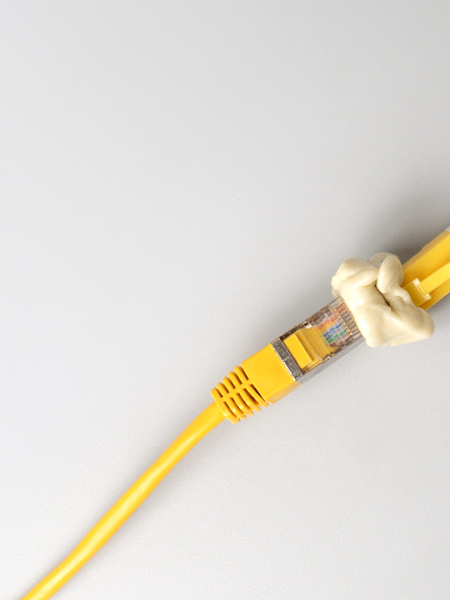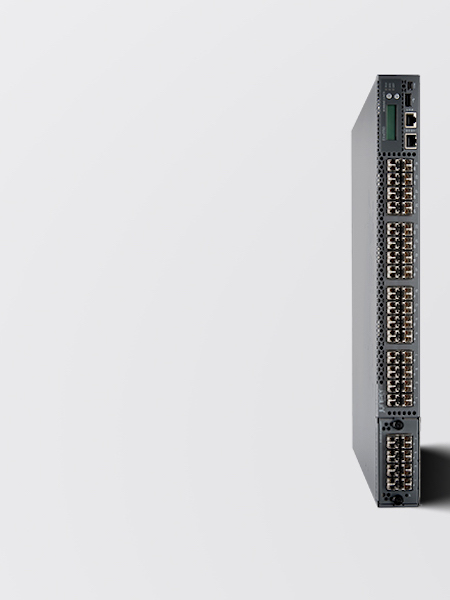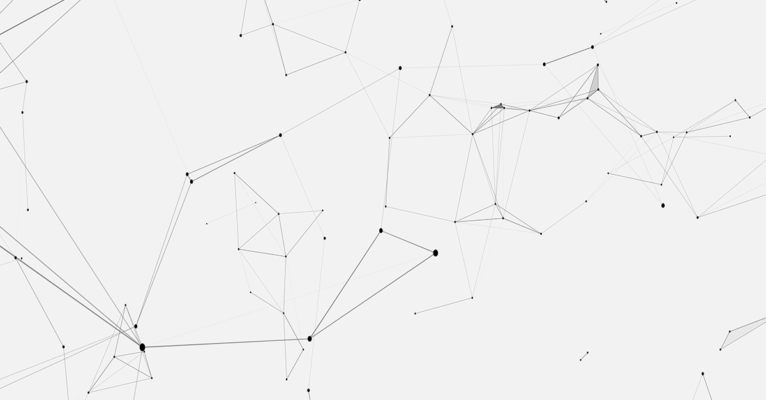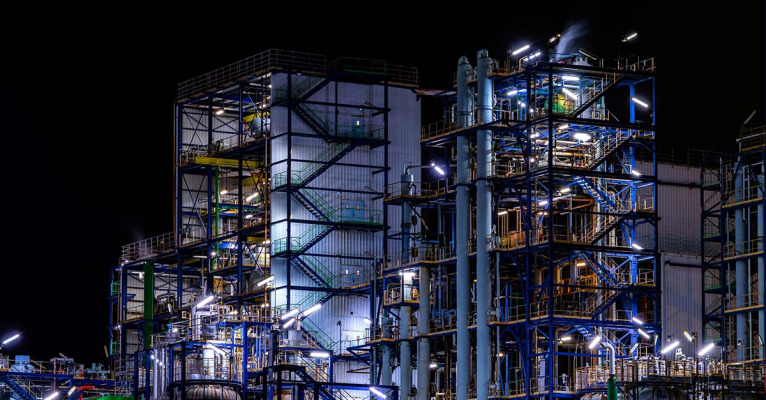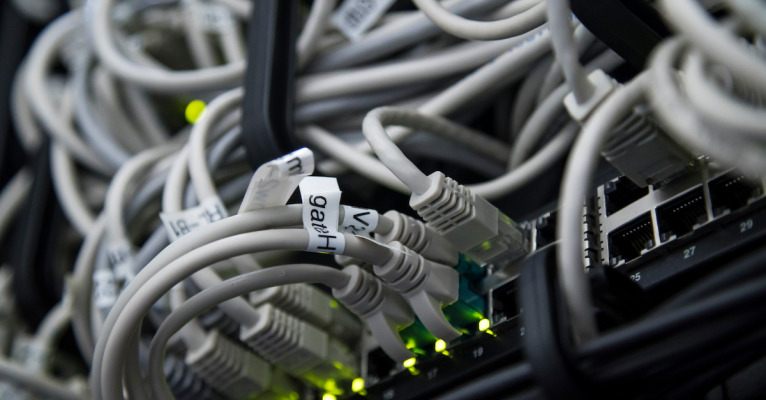In the online world, new sales possibilities and marketing channels can be accessed every day. Whoever wants to stay ahead of the competition must not only offer their customers a unique online shopping experience, but must also make purchasing all end products as secure and as easy as possible. Strong competitors rely on IT infrastructure with high availability.
F***ing change a running system.
HCD Consulting GmbH is your partner for IT network solutions. Our success is based on a carefully-selected portfolio of manufacturers and top-performing customers – to whom we provide the necessary expertise and all the resources required to successfully tap into new lines of business.


 Deutsch
Deutsch

